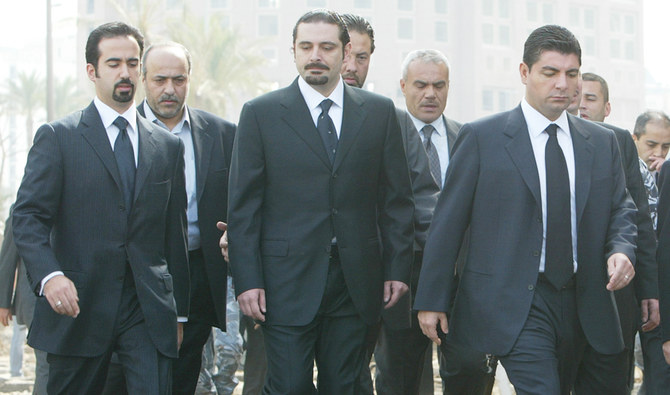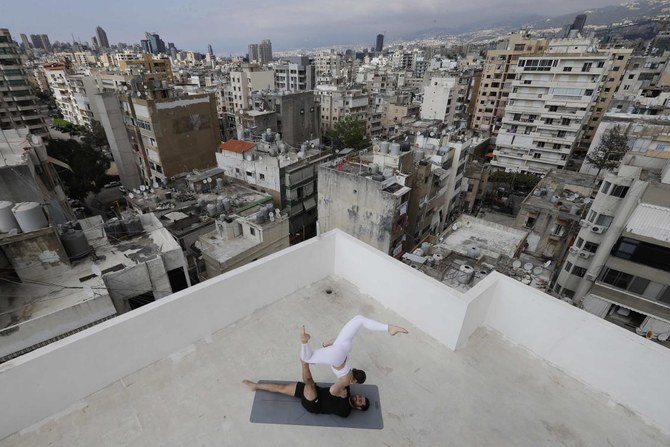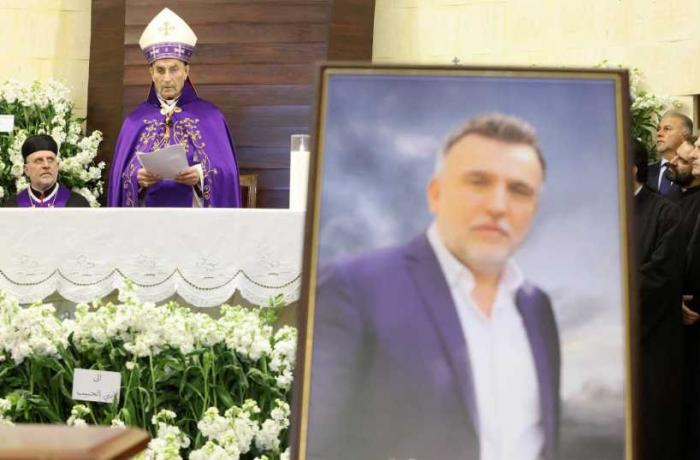
by gatestoneinstitute.org — Amir Taheri — As Lebanese protests continue, albeit with varying degrees of intensity, speculation over what has caused the current crisis is also rife. The list of woes that afflict Lebanon is long. There is a banking crisis caused by a Ponzi-like scheme introduced by the Central Bank three years ago to attract foreign money. Recent falls in the price of oil have led to a sharp drop on remittances by Lebanese working in oil-rich countries but building their egg-nests back home. A bloated civil service, created by politicians trying to buy votes or curry favor with their respective sects by inventing unnecessary jobs, is becoming too costly for an ailing economy. Corruption, the bane of many developing nations, has gone beyond the limits of an aberration to become almost a way of life. Add to all that a prolonged political crisis caused by the way the sectarian system distributes power and one would have a perfect storm. All in all, it is certain that a majority of Lebanese are unhappy about their current situation and worried about the future, the two key ingredients of a cocktail of grievances that incites a nation to revolt. However, what if the real cause of the current zugzwang is somewhere else, somewhere beyond shabby economic management and Third World-style corruption?
What Lebanon is facing may be a redefinition of its existence as a nation-state. All nation-states are constructed in accordance with a paradigm that reflects the content of their essence, the shape of their existence and the vision of their future. Lebanon is one of those states destined to reflect internal diversity and build a place in the international arena as a haven for peace, creativity, dialogue, exchange and compromise by rival outside powers. It may be a cliché to suggest that Lebanon is meant to be a Middle Eastern Switzerland, just as Uruguay is a haven of peace in South America, Singapore in Asia and Austria in Central Europe. Whenever Lebanon played that role, it thrived. Whenever it diverged from that role, or was pushed out of it by foreign powers, it suffered. In 1958, barely a decade after independence, Lebanon was classed by the International Monetary Fund (IMF) as the richest country in the Middle East and North Africa in terms of gross domestic product per head of population. In the IMF’s first report on the region, Libya was classed as the poorest nation while Turkey came second after Lebanon and Iran was fifth after Egypt. More importantly, Lebanon played a leading cultural role in what was to be marketed as “the Arab World” from the 1960s onwards.










